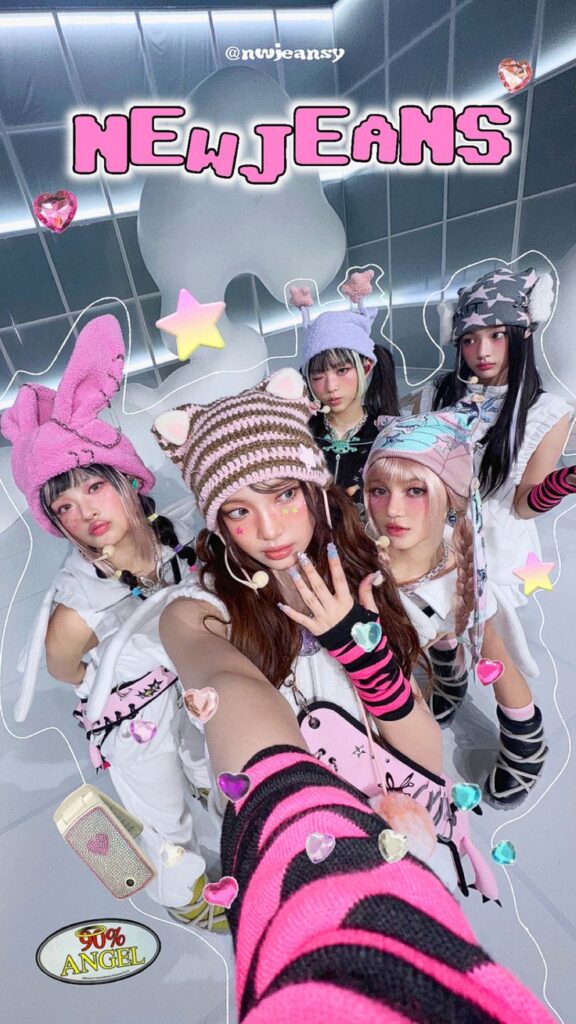The Global Phenomenon of Korean Pop Music
K-Pop is not just a music genre it’s a multifaceted industry and cultural phenomenon. It’s defined by its blend of musical genres, meticulously crafted visuals, and a strong emphasis on performance. K-Pop idols, as the artists are called, undergo rigorous training in singing, dancing, and stage presence, resulting in highly polished acts that are as much about the music as they are about the visuals and storytelling.
K-Pop originated in South Korea in the early 1990s, influenced by Western pop, hip-hop, and electronic music. The genre as we know it today took off in the late 1990s and early 2000s with the rise of idol groups like:
- Seo Taiji and Boys (1992): Often credited as the pioneers of modern K-Pop, their fusion of Western hip-hop and Korean lyrics set the template for the genre.
- H.O.T. (1996): One of the first idol groups, H.O.T. established the concept of fandom culture and group branding.
- BoA and Rain (2000s): Solo artists like BoA and Rain helped push K-Pop beyond South Korea, opening the door to international markets.
K-Pop’s success lies in its ability to blend traditional and modern elements, catering to a global audience while maintaining a distinctly Korean identity. Its infectious energy, coupled with its innovative approach to music and entertainment, ensures its place as a transformative force in the music industry.
Whether you’re drawn in by the mesmerizing performances, the catchy beats, or the emotional connection with the artists, K-Pop is a testament to the power of music to unite and inspire people around the world.

Pioneers of Kpop and music rythme
The 2010s marked K-Pop’s global breakout, thanks to social media and platforms like YouTube. Some key moments include:
- PSY’s “Gangnam Style” (2012): The viral hit introduced K-Pop to a global audience, becoming the first YouTube video to reach 1 billion views.
- BTS: Known as the global kings of K-Pop, BTS has achieved unprecedented international success, topping charts worldwide with hits like “Dynamite” and “Butter.”
- BLACKPINK: This girl group has redefined the genre with their fierce image and global collaborations, such as “Ice Cream” with Selena Gomez.
- TWICE: A powerhouse girl group known for their catchy hooks and vibrant choreography.
- Stray Kids: Pioneers of self-produced music in K-Pop, blending powerful rap with experimental production.
- IU: A solo artist who combines K-Pop with ballads and indie sensibilities, winning hearts across generations.
- EXO, NCT, and SEVENTEEN: Groups known for their complex concepts, vast discographies, and dedicated fandoms.

KPop's cultural impact
K-Pop goes beyond music; it’s a lifestyle and a cultural export that has significantly influenced fashion, beauty, and media worldwide. The genre’s emphasis on fandom culture creates a strong sense of community among fans, who actively participate in streaming, voting, and even social causes inspired by their idols.
Through its global appeal, K-Pop has also become a soft power for South Korea, boosting tourism and increasing interest in Korean language and culture through the Hallyu wave.
Looking to get more into this all cultural genre ?
Check out this blog dedicated to KPop music and culture !
